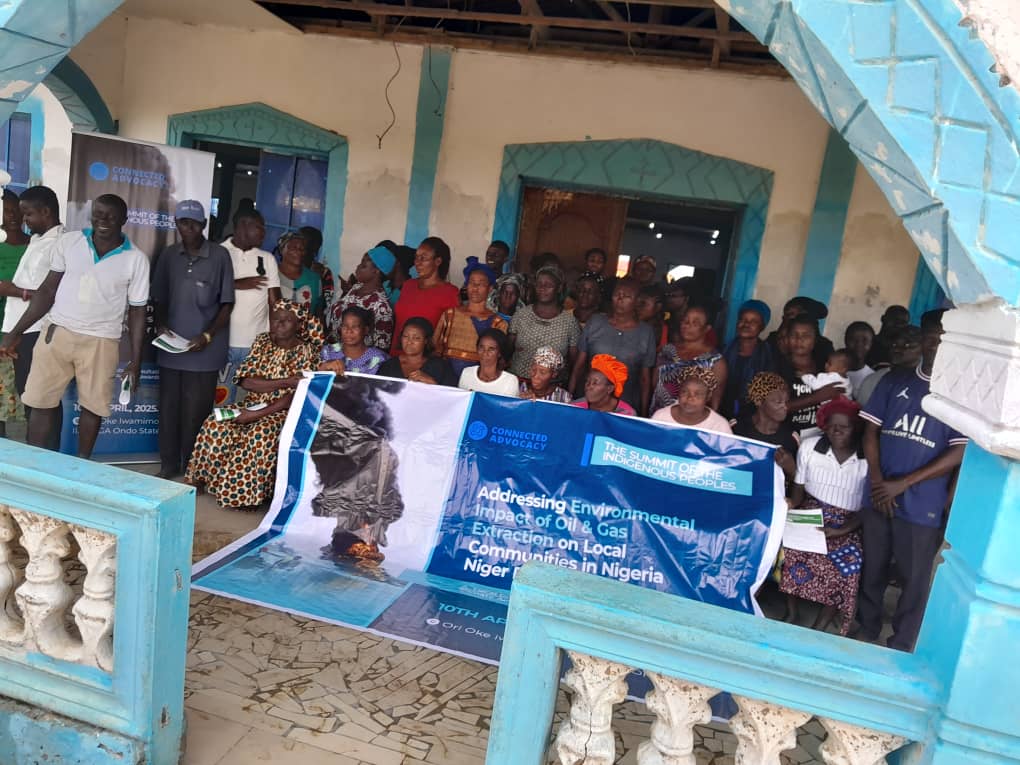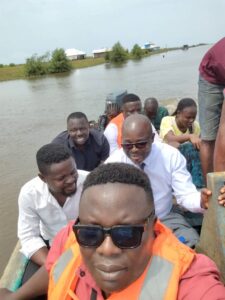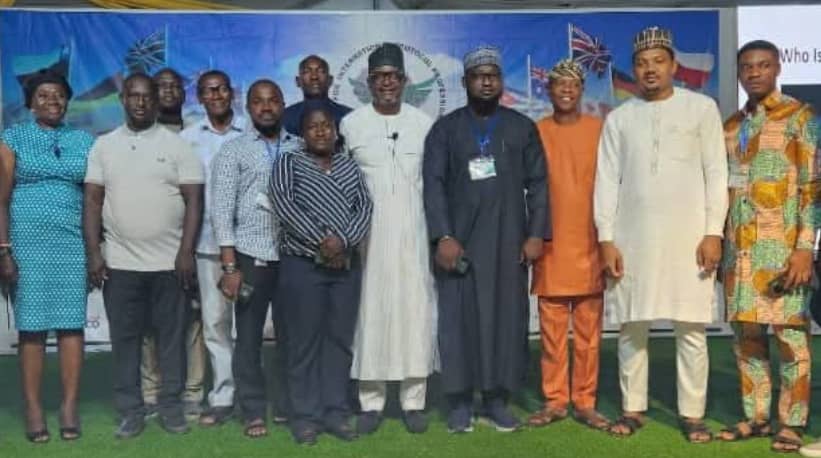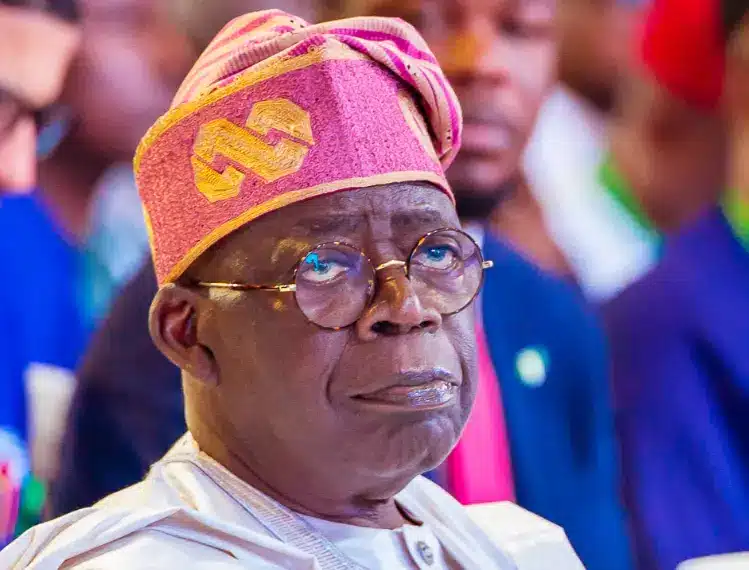Indigenous Peoples Demand Climate Justice, Accountability for Environmental Destruction

The Indigenous Peoples of the Niger Delta, severely impacted by oil exploration activities, have unanimously called for urgent and transformative action to address the climate crisis and environmental degradation caused by the fossil fuel industry.
This demand was made at the “Summit of Indigenous Peoples,” held on April 10 at Ori Oke Iwamimo, Ilaje LGA, Ondo State.

Prince Israel Orekha, the convener of the summit and Executive Director of Connected Advocacy for Empowerment & Youth Development Initiative, emphasized the significance of the summit’s theme: “Addressing the Environmental Impact of Oil and Gas Exploration on Local Communities in the Niger Delta.” He highlighted the ongoing injustices inflicted upon the region’s communities by extractive industries.
The summit, a peer-to-peer climate action initiative leading up to COP 30, focused on three critical areas: climate justice, accountability, and a just transition.
Stakeholders and participants urged the government, corporations, and international bodies to uphold principles of justice, equity, and sustainability in all climate policies and actions.
> “We stand in solidarity with Indigenous communities whose ancestral lands, like ours, have been ravaged by the greed of extractive industries, particularly oil and gas. Our voices, experiences, and traditional knowledge must be at the heart of any solution to the climate crisis,” affirmed the stakeholders.
Resolutions Adopted at the Summit
1. Acknowledging Historical Injustice and Environmental Harm
The summit recognized the historical exploitation of Indigenous lands by the fossil fuel industry, which has caused irreparable harm to ecosystems, water sources, and the health of local populations. Participants called for an immediate end to destructive extraction practices that have led to biodiversity loss, destruction of sacred sites, and widespread displacement of communities.
2. Holding Corporations and Governments Accountable
Governments and corporations must be held accountable for environmental degradation and social harm. Harmful practices such as gas flaring, oil spills, and deforestation must cease immediately. Corporations profiting from these exploitative activities must be legally required to compensate affected communities and restore damaged environments.
3. Protecting Indigenous Rights and Local Communities
The summit demanded the full recognition of Indigenous rights, including the right to Free, Prior, and Informed Consent (FPIC) in all matters related to land use, resource management, and climate action. It also called for the integration of Indigenous ecological knowledge into climate adaptation and mitigation strategies, along with the establishment of legal frameworks to protect Indigenous lands and ensure their participation in decision-making processes.
4. A Just Energy Transition for All
The participants called for a just energy transition that prioritizes people over profits. This transition should focus on renewable energy solutions such as solar, wind, and community-based bioenergy projects, ensuring sustainability and equity. Additionally, fossil fuel workers and affected communities must be supported through skills training, economic diversification, and investment in green jobs.
5. Financing Climate Action and Reparations
The summit demanded adequate and equitable climate financing for vulnerable communities, particularly those severely impacted by climate change and extractive industries. Developed nations must honor their climate finance commitments and direct resources toward Indigenous-led and community-based initiatives. Furthermore, a reparations fund must be established to compensate communities harmed by oil and gas extraction.
6. Strengthening International Climate Agreements
The summit urged the international community to reinforce the implementation of the Paris Agreement and prioritize climate adaptation and resilience programs for the most affected communities. Stronger mechanisms are needed to enforce compliance with international climate commitments, ensuring that vulnerable populations receive the protection and support they deserve.
7. Global Solidarity and Indigenous Leadership
READ ALSO: Shettima Launches Second SAPZ in Cross River, AfDB Pledges $2.2 Billion for Expansion
Aramoko Ekiti Denies Mosque Demolition, Slams MURIC’s False Claims
Indigenous leadership must play a central role in guiding the world toward a just and sustainable future. The summit called for global solidarity in supporting Indigenous movements and environmental defenders, recognizing the importance of cultural preservation, land sovereignty, and the protection of sacred ecosystems.
Call to Action
The summit’s resolutions underscore the urgent need for systemic change in addressing environmental and climate injustices. Indigenous voices must be at the forefront of climate policies and decisions to ensure a sustainable and equitable future for all.
With COP 30 on the horizon, the world must listen, act, and stand in solidarity with Indigenous communities fighting for environmental justice.




